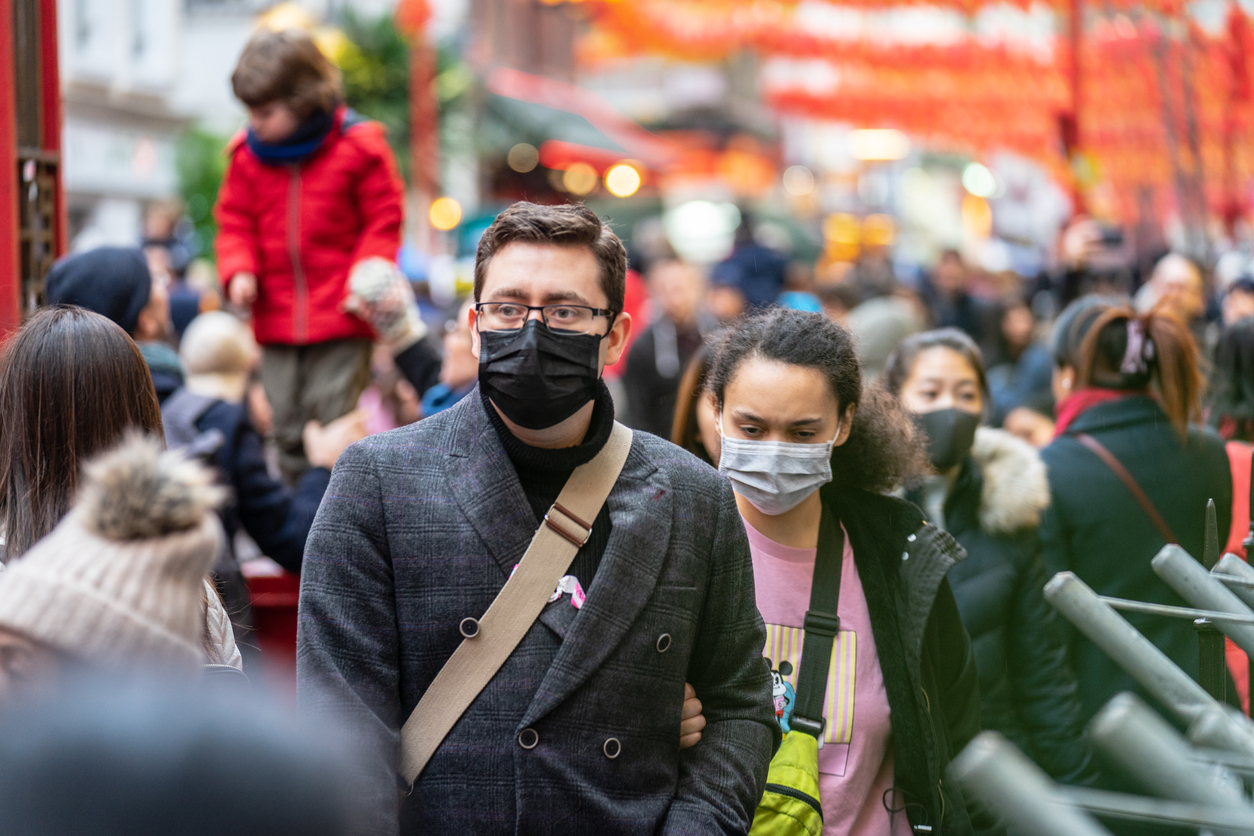
Second wave of coronavirus may hit China in November: Chinese expert
China and other countries could be hit by a second wave of coronavirus in November, one of China's top medical experts has warned as the world's second-largest economy limped back to normalcy after a three-month-long grim battle against the pandemic.

China and other countries could be hit by a second wave of coronavirus in November, one of China’s top medical experts has warned as the world’s second-largest economy limped back to normalcy after a three-month-long grim battle against the pandemic.
Zhang Wenhong, who heads the COVID-19 clinical expert team in Shanghai and leads the infectious disease department at one of the eastern metropolitan city’s top hospitals, expects that in the long term, countries will have to take a flexible approach to recurring outbreaks.
While countries around the world may be able to bring the deadly pandemic under adequate control by autumn, the coming winter may bring a second wave of infections in China and elsewhere, he said.
Speaking during an online live stream broadcast by popular short-video platform Kuaishou, Zhang said China’s experience with disease control means any resurgence in infections later this year will be manageable, and not require a repeat of the dramatic measures taken to curb the virus initial spread.
Related news: China dispatches 6.5 lakh medical kits to India to fight COVID-19
Zhang’s comments come as Chinese officials gradually eased quarantine restrictions as part of efforts to revive the country’s economy.
As of Wednesday, the total number of confirmed COVID-19 cases in China reached 82,341. Altogether 3,342 people have died of the disease, according to the National Health Commission of China.
Though the coronavirus cases abated at epicenter Wuhan, China continued to report new cases mostly from Chinese nationals returning from abroad.
China won’t implement any shutdowns, and imported cases will certainly still make up the bulk of the outbreak, China’s Caixin magazine quoted Zhang as saying.
For a long time, epidemic prevention and control will go through periods of relaxation and tightening. It will be possible to live and work normally, but it probably won’t be possible to completely eradicate the outbreaks, he said.
That means countries must continue to fight the pandemic together even after their initial domestic outbreaks have peaked, Zhang said, adding: Only when all nations have properly controlled the disease will we all be able to live well again.
Aggressive testing and contact tracing, combined with immediate hospitalisation of confirmed cases, is the secret to effective epidemic control, Zhang said.
Predicting that the US will bring its outbreak under control by May, he also called for the two countries to cooperate more closely on the pandemic.
Communication between us at the medical level has never stopped, he said.
When it comes to medicine, people’s health, and epidemic control, we can’t decouple from each other, he said, amidst the Trump administration’s criticism of China’s handling of the coronavirus pandemic.
US Secretary of State Mike Pompeo on Wednesday spoke to a senior Chinese diplomat to underscore the Trump administration’s demand for full transparency and information sharing from China about the origins and spread of the new coronavirus.
Pompeo’s phone call to Yang Jiechi, Director of the Office of Foreign Affairs of the Communist Party of China, came a day after US President Donald Trump announced to halt the funding to World Health Organization alleging that it sided with China on coronavirus issue and mislead the world.

